Field Day with Jordan: Grand Lake St. Marys Improvement
After decades of decline, how did the community pull together to push Grand Lake St. Marys in the right direction?
Read MoreAldyen Donnelly, co-founder of Nori Inc., is the featured guest on this episode. Donnelly and Hoewischer discuss all things carbon and what programming Nori offers for farmers interested in carbon sequestration.
Aldyen Donnelly, co-founder of Nori Inc., is the featured guest on this episode of Field Day with Jordan Hoewischer. Donnelly and Hoewischer discuss all things carbon and what programming Nori offers for farmers interested in carbon sequestration. This episode is the third in a series that will help listeners understand the breadth and depth of carbon program options for Ohio farmers.
Field Day with Jordan Hoewischer is an ongoing series of conversations with experts and leaders who are helping to shape and secure the future of Ohio’s ag industry for generations to come.
Jordan Hoewischer [00:00:52] All right, well, let’s get started here. From every person that I interview, I start with who you are, what you do, where are you from? Give me that lengthy bio that they give prior to a talk that always seems way longer than it seems.
Aldyen Donnelly [00:01:11] My name is Aldyen Donnelly. I’m probably here because I’m a co-founder of Nori Inc. And Nori is almost four years old and we’re building what we call a dedicated carbon removal marketplace to differentiate it from some of the more broadly defined carbon or greenhouse gas offset markets. I live in Vancouver, Canada. I’m trained as an economist. And my special focus early was health epidemiology, determinants and distribution of disease. And from that base, I sort of shifted into environment and nature and natural health in my orientation in the 80s. And I’ve been doing this for a long time. In the mid 1990s, I ended up being the leader of a consortium of 14 of Canada’s largest 20 largest greenhouse gas emitters. So big energy and chemical producing companies who were working together to try to figure out what this climate change thing meant and what it might be as an issue and how to prepare for policies that might emerge. And in the mid 90s, we said to ourselves, probably in every policy future, we’re going to get regulated and some sectors of the economies are less likely to get regulated. And are there opportunities for us to reduce emissions or store carbon in the other sectors to offset our emissions?
And very early in that conversation, we realized we didn’t know if food and fiber producers could do anything. We knew that our prudent business strategy for particularly the utilities, would be to look out and see if food and fiber producers could provide that carbon reduction removal service for a pure business reason. If you’re looking at complying with regulations, whatever you have to bear in compliance costs, whether it’s writing off assets and building entirely new systems or reducing emissions in existing asset bases, you still have to raise your prices to recover your capital costs and a return on them. So if you’re going to spend that money and you have an opportunity and you really have three choices: spend the money in my own operations to reduce emissions or send money to my critical strategic suppliers, suppliers who have emissions discharge emissions, but from whom I take price and who I need to retain as suppliers, or send money to my most price sensitive, vulnerable customers so that when I increase the prices, I charge them. I also send them a new revenue stream. So any just prudently operating business is going to pick sending money to those critical strategic suppliers and price vulnerable customers before even reducing in their own operations for any given price.
Jordan Hoewischer [00:04:53] So it’s a band-aid instead of a curative.
Aldyen Donnelly [00:04:56] If you’re going to deal with emissions, it’s just pure good business sense. So in the 90s, we went to a bunch of scientists and said, what can farmers do? And we learned a bunch. There are a lot of opportunities for food and fiber producers to both reduce emissions and build back up the organic carbon stocks in the soils that we’ve depleted over the last 300 years. And so back then, we said to the scientists, OK, so how do we prove that this is happening? And the scientists said, well, it costs a lot of money.
So in that time, that group of energy companies put up funding to finance some science and a research project that was called the Prairie Soil Carbon Balance Project and even today, some of the theory about how to estimate what’s happening in the soil derives from that project, and that whole project was initiated by the big energy companies who wanted to figure out how to prove that carbon was being drawn down and stored to address their climate change policy risk. We started that project in 1995. So I guess that tells you that I’m not a very successful policy influencer because I’ve been working at this for way too long.
Two things that really have caused me to stay focused on this solution set in that broader. There’s three things. Hardly any other sector can do as much in the short term. At as low a cost, and I’m not saying the cost to farmers of doing this is low,
Jordan Hoewischer [00:07:18] but comparatively.
Aldyen Donnelly [00:07:20] But comparatively it’s low. It’s one of the few sets of solutions where at the same time adopting practice changes which draw down CO2 and store the recovered carbon in the soil at the same time. That’s activity that mitigates the risk of climate change. It’s also building a more resilient and healthy topsoil layer, which is protecting our ability to be productive in the event of climate change. So it’s one of the only solutions out there that’s a two-fer, which means it should be top priority even if it was more expensive than the others. And it’s not. And then the third thing that is really important too, probably more important to me than maybe some other people in the space is. And maybe you can explain this to me. I don’t know why it’s true, but in every modern society, once we shift from sort of local sustenance level economics to industrial scale, consumers do not pay prices for the food they eat. They’re high enough to cover the total cost of producing and delivering that food to them anywhere in any culture. I don’t know why. It’s just always true.
Aldyen Donnelly [00:08:39] It’s weird. It’s just always true, at least for now. And I know and it’s temporary, but temporary, defined as maybe for 50 years. This is a unique opportunity for farmers to draw in revenues from outside the food supply chain. And that opportunity to diversify revenues for farmers should not be missed. That should be a top priority.
Jordan Hoewischer [00:09:07] I agree, and I think that’s why you see such an interest right now from farmers, and I think obviously the programs are there and the policies are starting to be built out. But I think you’re seeing farmers come to the table and try to see what’s what. And, that’s kind of what our role is as Farm Bureau is trying to help them figure out what is what. And that’s part of the reason why you’re being interviewed, just to kind of get our level of understanding raised a little bit because we don’t want, similar to maybe oil and gas and some of the other things. We want to make sure that if you take one shot at selling future carbon or whatever, that you get into the right program that works for that individual farmer.
Aldyen Donnelly [00:09:56] You just said something really important. And, you know, I’m a major shareholder in Nori, so I like this all to be rolling at full speed yesterday. That’s in my personal best interests. But it’s a really good idea for everybody to just take a breath right now and pause and start asking questions. And you just said something really important. I’m of the view and the Nori founders are of the view that if a farmer is thinking about entering this marketplace. And perceives accurately that this is their one shot, step back and hold off because we’re talking about building markets and a market should never be one shot. So if you’re about looking at a market option that really is one shot, maybe you should think twice about doing that.
Jordan Hoewischer [00:23:57] Let’s start with what’s your opinion on the current status of agriculture’s influence on climate change, our connection with climate change.
Aldyen Donnelly [00:22:14] Well, globally and it depends on how you look at the numbers. When we’re looking at sources of greenhouse gases, food and fiber producers, and I keep saying and fiber producers, because it’s expanding to include biofuels and energy products as well, account for anywhere from 12% to maybe as much as 20%, depending on transportation and stuff of all of manmade global greenhouse gas emissions. So if we get serious about trying to reduce the concentrations of greenhouse gases in the atmosphere, the food sector is going to have to react anyway. So one of the things I keep saying is one of the reasons to get engaged here is it’s a source of revenue. And by the way, if you don’t get engaged and start taking control of your destiny as a sector, you might have somebody do and that’s not that’s not a preferred outcome. I wouldn’t imagine. And so I say two things at the same time the farmers: get into this, learn about it, make people like me and Nori help you figure out what questions to ask. When I say jump in, it doesn’t mean jump in too fast. But this is also not only getting potential revenues from outside the food supply chain where revenue diversity should really, really be important to you right now, but also take control of your future, because if you don’t grab it, someone will grab it from you.
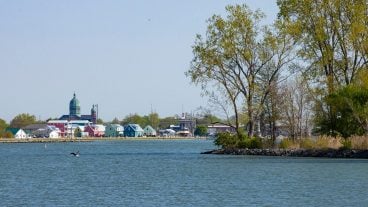
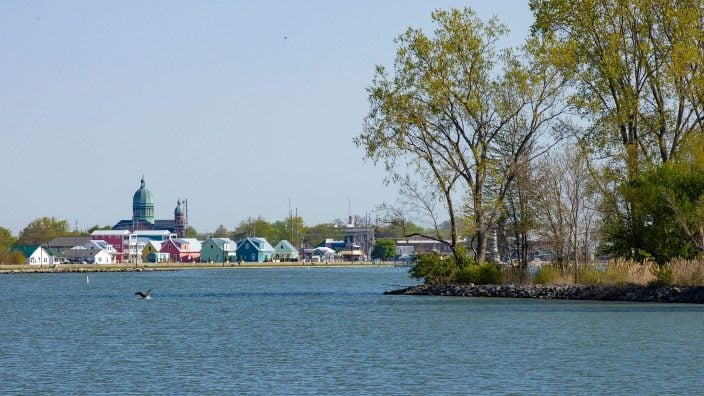
After decades of decline, how did the community pull together to push Grand Lake St. Marys in the right direction?
Read More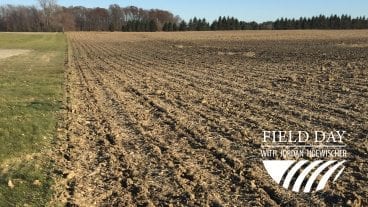
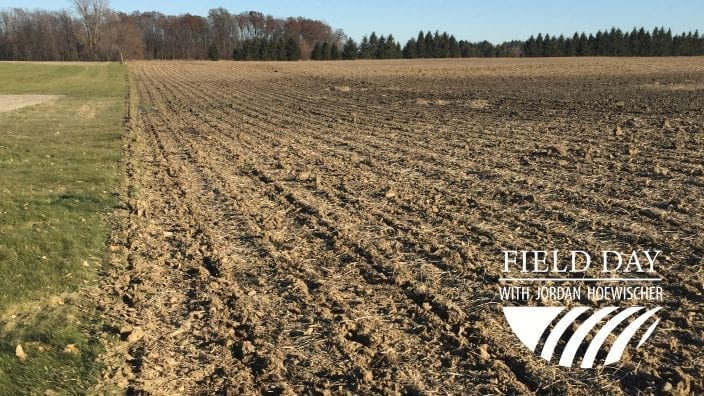
Ohio Farm Bureau Director of Water Quality and Research Jordan Hoewischer and Dr. Aaron Wilson discuss weather for the upcoming growing season, effects of climate changes and much more.
Read More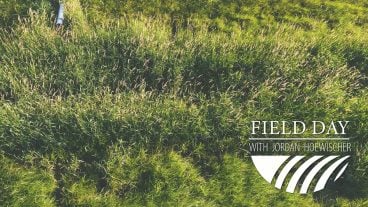
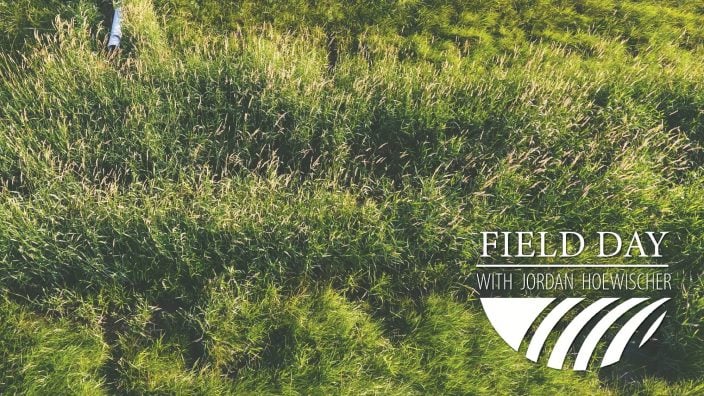
Hoewischer and Stephanie Singer, agriculture outreach project manager at The Nature Conservancy, talk about the conservancy’s Farmer Advocates for Conservation Program.
Read More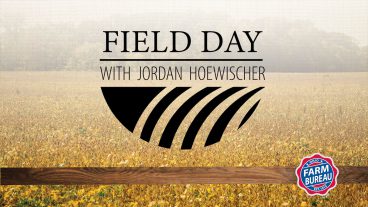
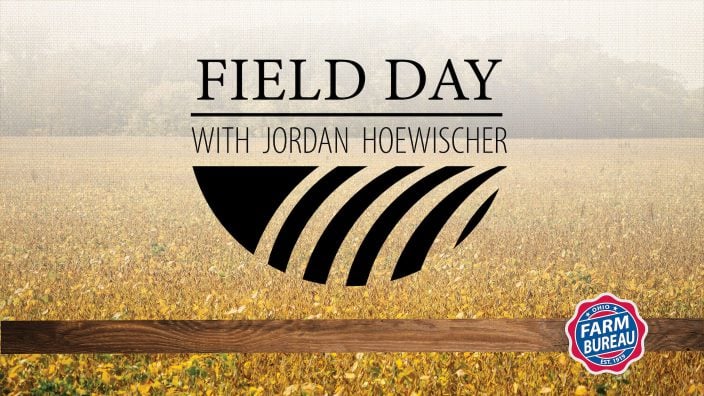
3Bar Biologics is a microbe delivery and manufacturing company that partners with microbe discovery and commercialization companies.
Read More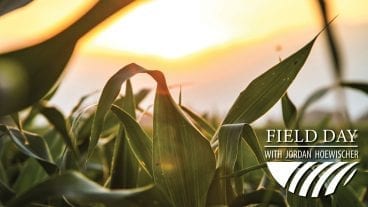
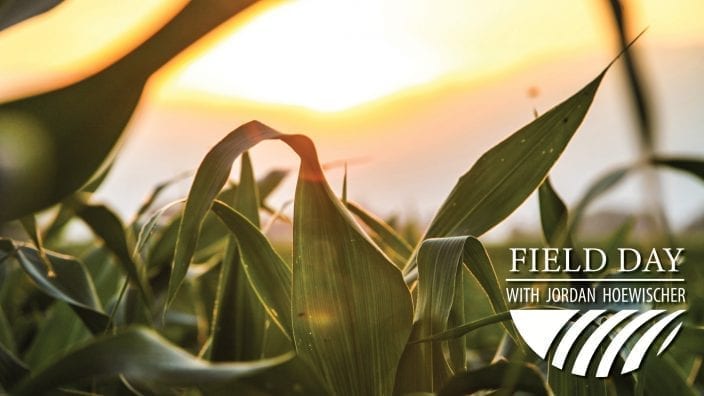
On this episode of Field Day with Jordan Hoewischer, we talk to Ty Higgins, senior director of communications and media relations at the Ohio Farm Bureau about the year that was 2021 and a look toward emerging topics of 2022.
Read More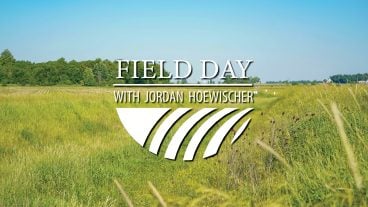
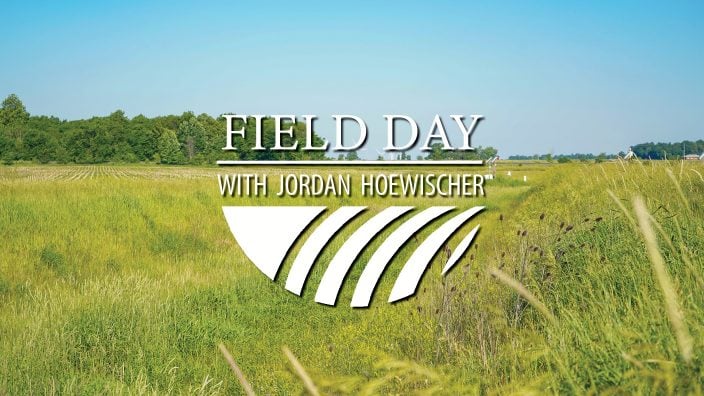
Dr. Jay Martin joins this episode of Field Day with Jordan Hoewischer to talk about some innovative projects in the Western Lake Erie Basin dealing with nutrient runoff and conservation practice adoption.
Read More

Aldyen Donnelly, co-founder of Nori Inc., is the featured guest on this episode. Donnelly and Hoewischer discuss all things carbon and what programming Nori offers for farmers interested in carbon sequestration.
Read More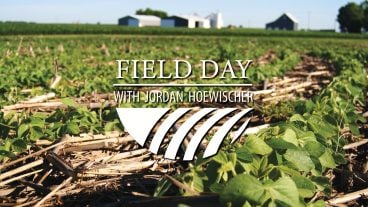
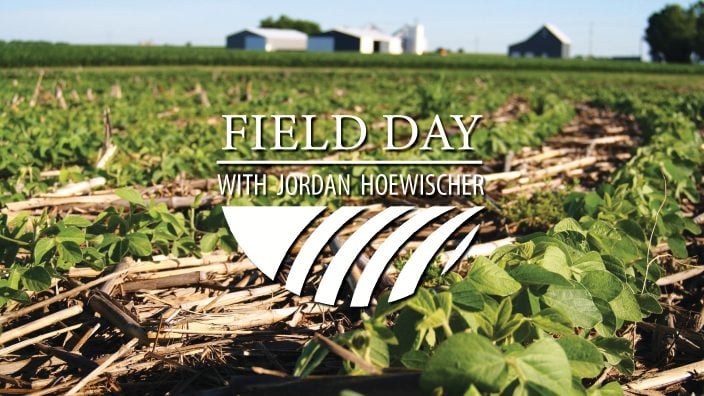
On this episode, Ohio Farm Bureau Director of Water Quality and Research Jordan Hoewischer talks with Amanda Bahn-Ziegler, account manager for Truterra, about their emergence in the carbon market space.
Read More

This episode is the first in a series that will help understand the breadth and depth of carbon program options for Ohio farmers.
Read More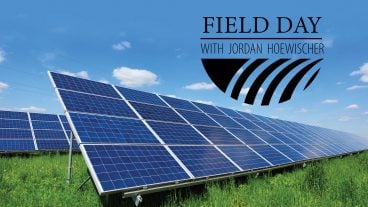
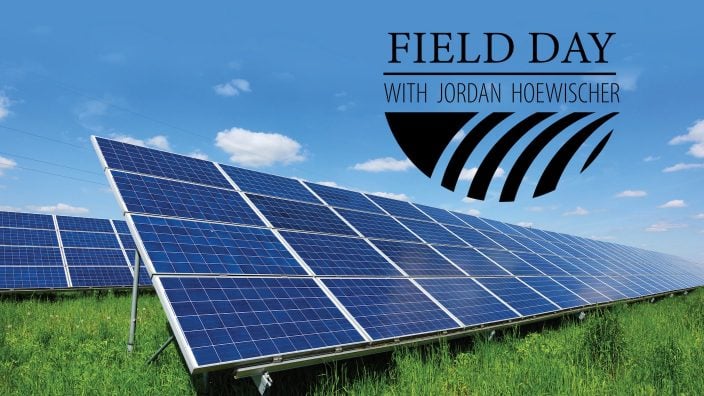
Jordan Hoewischer talks with Dale Arnold, director, energy, utility and local government at Ohio Farm Bureau Federation, about the growing solar farm movement in Ohio.
Read More